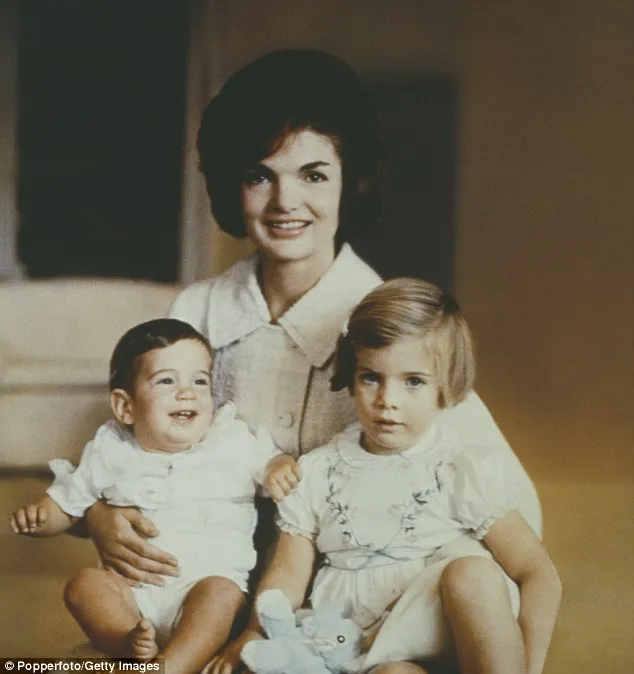Elvis Presley, often hailed as the "King of Rock and Roll," left an indelible mark on the music industry with his charismatic stage presence and a voice that could move mountains. Among his extensive catalog of hits, one song stands out as a timeless classic— "Love Me Tender." Released in 1956, this heartfelt ballad not only showcases Presley's vocal prowess but also reflects the era's romantic sensibilities.

The Birth of a Ballad

Elvis Presley's early career was synonymous with the rock and roll revolution of the 1950s. However, "Love Me Tender" marked a departure from the upbeat tempo and energetic rhythm that characterized his earlier hits like "Hound Dog" and "Jailhouse Rock." The ballad signaled a shift in Presley's musical style, revealing a softer and more emotive side to the rock icon.
"Love Me Tender" has roots in the American Civil War. The melody is adapted from the 1861 song "Aura Lee," which was written by W. W. Fosdick and George R. Poulton. Presley, along with Ken Darby, rewrote the lyrics to transform the wartime tune into a poignant love song. The resulting composition retained the haunting beauty of the original while infusing it with Presley's signature vocal charm.
The Cultural Landscape of the 1950s

The 1950s was a decade of transformation and rebuilding after the trauma of World War II. Against this backdrop, "Love Me Tender" captured the romantic sentiments of the era, offering a nostalgic escape to a simpler time. The song's lyrics, combined with Presley's delivery, resonated with audiences navigating the complexities of love and relationships in a post-war society.
Elvis Presley's influence extended beyond music; he became a cultural phenomenon. "Love Me Tender" played a pivotal role in solidifying his image as a heartthrob, appealing not only to teenagers but also to a broader audience. The song's success contributed to Elvis's transition from a rock and roll rebel to a versatile entertainer capable of expressing a range of emotions through his music.
The Recording Process

The recording sessions for "Love Me Tender" took place in August 1956 at 20th Century-Fox Studios. Accompanied by the vocal group The Jordanaires, Elvis Presley delivered a soul-stirring performance that emphasized the song's emotional depth. The arrangement, featuring acoustic guitar and gentle percussion, complemented the romantic nature of the lyrics.
"Love Me Tender" served a dual purpose as it was not only a standalone hit but also the title track for Elvis's first film of the same name. The song's integration into the film added visual depth to its emotional impact, creating a cinematic experience that resonated with audiences. The film's success further solidified the song's place in the hearts of Elvis fans.
Lyric Analysis

The lyrics of "Love Me Tender" paint a poetic picture of love's vulnerability and tenderness. Elvis's delivery adds layers of emotion to lines like "Love me tender, love me sweet, never let me go" and "You have made my life complete, and I love you so." The simplicity and sincerity of the lyrics contribute to the song's universal appeal, making it a timeless expression of love.
"Love Me Tender" can be seen as part of a broader tradition of romantic narratives in popular music. Examining its lyrical themes in the context of other love songs allows us to appreciate how Presley's interpretation adds a unique flavor to the genre. From classic crooners to contemporary balladeers, the song's influence is evident in the romantic landscape of popular music.
Enduring Legacy

"Love Me Tender" achieved remarkable success on the charts, reaching No. 1 on the Billboard pop charts and staying there for several weeks. Its widespread acclaim led to various awards and recognitions for Elvis Presley. The song's enduring popularity is a testament to its timeless quality, as it continues to resonate with listeners across generations.
Over the years, "Love Me Tender" has been covered by numerous artists across genres, showcasing its versatility and enduring appeal. From country to jazz, each interpretation brings a fresh perspective while paying homage to the essence of the original. Exploring these covers provides insight into the song's adaptability and its ability to transcend musical boundaries.
Conclusion

In the pantheon of Elvis Presley's illustrious career, "Love Me Tender" stands as a poignant reminder of his ability to captivate audiences with both his rock and roll charisma and his tender balladry. Through its origins, cultural context, recording process, lyrical exploration, and enduring legacy, this iconic song continues to be a timeless testament to the King's musical prowess. As we unravel the layers of "Love Me Tender," we gain a deeper appreciation for its significance in the rich tapestry of American music and its everlasting impact on the hearts of listeners around the world.


